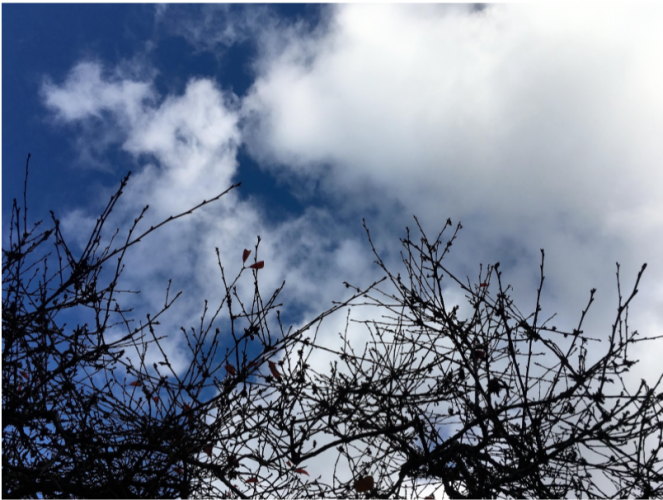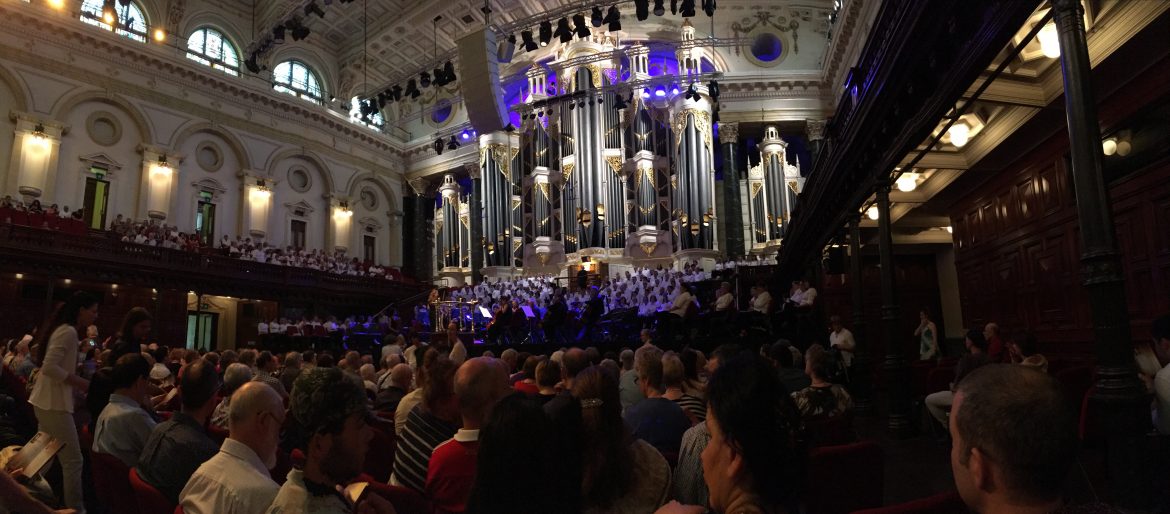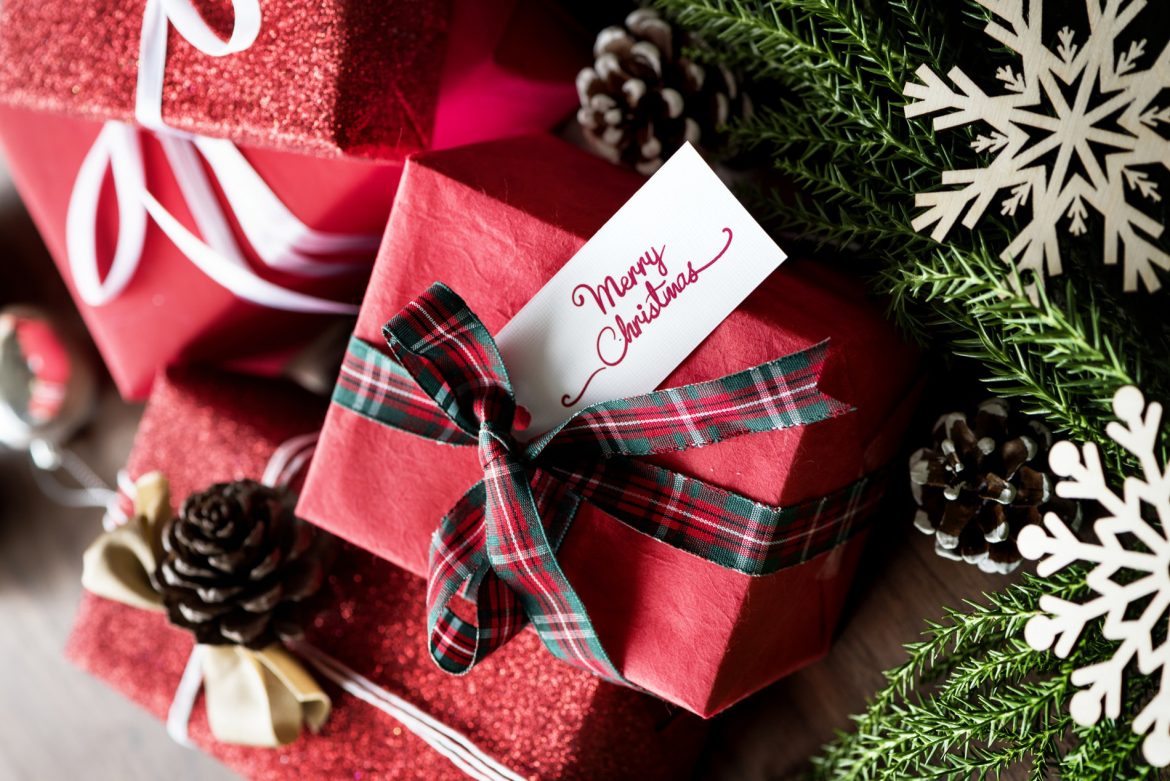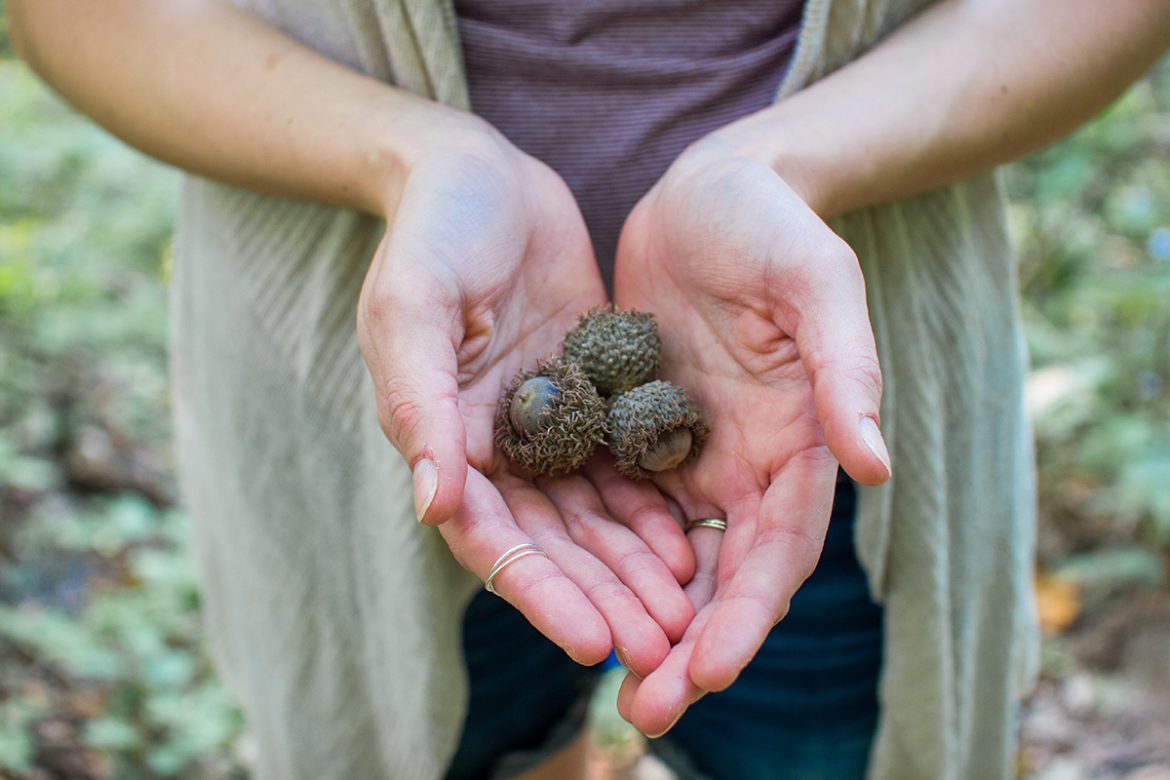Here is a beautiful recording of For Unto Us a Child Is Born to reflect on as we head towards Christmas. The image above is from the Democratic Republic of the Congo : Joseph Mulamba-Mandangi, Nativity, 2001.
By John Birch —
By Kate Kennington Steer–
It’s so delicate, the light.
And there’s so little of it. The dark
is huge.
Just delicate needles, the light,
in an endless night.
And it has such a long way to go
through such desolate space.
So let’s be gentle with it.
Cherish it.
So it will come again in the morning.
We hope.
‘Just Delicate Needles’, Rolf Jacobsen, trans. Robert Hedin

Glimmer, ink on paper, original artwork, Kate Kennington Steer
People in the middle of depression are beings who have to live, for a while, without a story, which is why it feels as though you’ve lost your soul. But this period is a dark room where you’re developing the next stage of your life before living it. The work will be all the more vivid if you’re patient and let it take its course.
Gwyneth Lewis, Sunbathing in the Rain
It feels like for most of this last year I have indeed been living ‘without a story’, when depression has pulled me back deep down into a grip I thought, hoped against hope, had loosened, and a virus has brought me nearly four months of voice and bed rest. This literal silence that has been imposed on me through losing my voice this summer mirrors the sense that has accompanied me since Lent that I ‘have nothing to say’. I have written no posts for my shot at ten paces blog and I have not contributed to this community since this time last year. I have felt that I cannot formulate a coherent thought, yet at the same time I have been aware that the outer silence of my circumstances has only revealed either a yawning cavern of numb blankness or the noisiness within; pent up voices from long ago have risen from my murkiest depths, and have found no outlet to express their howls in either verbal, written or visual forms. Without uttering a sound
I yell out to my God, I yell with all my might,
I yell at the top of my lungs. He listens.
I found myself in trouble and went looking for my Lord;
my life was an open wound that wouldn’t heal.
When friends said, “Everything will turn out all right,”
I didn’t believe a word they said.
I remember God—and shake my head.
I bow my head—then wring my hands.
I’m awake all night—not a wink of sleep;
I can’t even say what’s bothering me.
I go over the days one by one,
I ponder the years gone by.
I strum my lute all through the night,
wondering how to get my life together.
(Psalm 77.1-6, The Message)
I am not alone in struggling with periods of an inability to express myself in any meaningful way. Any artist has their times of ‘block’, any one with mental health needs has their seasons of such numbness it feels like isolating dumbness; most people, if they are honest, will identify occasions where they felt not, or mis-, understood; and anyone committed to exploring their faith will have come face to fearful face with the sense of God’s absence and silence.
And yet, though being locked into wordlessness through fear, stress and anxiety too often makes me feel desperate, I am left wondering whether this time of an enforced embracing of deliberate silence is a gifted reminder not only of the elemental presence and power of God as Word, but also that I need to counterbalance this presence with the elemental power and presence of God as Silence?
I wonder if perhaps I might learn to see that one of the anguishing gifts of deep depression is an opportunity to embrace ‘having nothing to say’, having ‘no story’ to tell, as paradoxically a sign of renewal, and as a confirmation that I will find a story is waiting for me in its shadows?
Just as I was succumbing to the virus and losing my voice in August, I serendipitously picked up from my brother’s bookshelf Ernest Kurtz & Katherine Ketcham’s The Spirituality of Imperfection and read:
Spirituality is not spectacular, but spectacularly simple, and that is precisely why we find it so difficult to define or describe. The profoundly simple is simply ineffable: It literally cannot be spoken. The Hebrew Bible portrays Moses and Jeremiah as protesting, when called by God, that they “cannot speak”, a claim that has been interpreted by some scholars as evidence that these prophets laboured under some kind of speech defect. This interpretation suggests two ideas: First, God chooses the least likely individuals to be divine spokespersons, and second, through this choice, God signals the ineffability – the literal “un-speakability” – of spiritual wisdom. The spiritual is simply beyond words. (38)
Rather than seeing only lack and grief in my silence, the possibility that I might have even the merest nodding acquaintance with Moses and Jeremiah’s experience of God is such an encouragement to me. I hesitate to call myself any kind of divine spokesperson, but I believe I have known the joy of being spoken through, of experiencing times of being a conduit between God and God’s creations. I long for my photography and visual art to be a medium through which others might encounter their God, discovering for themselves the infinite number of ways there are of seeing God without words. And it is no coincidence I know, that even in the midst of depression’s darkness I am being invited to see this season of Joy is present in it; and in me.
On this shortest day of winter light, and as I remember all those made blind and dumb by illness, grief, depression, torture and persecution, I reflect again on the words of I read on the first Sunday of Advent:
Listen! Your sentinels lift up their voices,
together they sing for joy;
for in plain sight they see
the return of the Lord to Zion,
((Isaiah 52.8, NRSV)
The challenge of this day then for me is to choose to let the quiet of the incarnation truth – God is in this pain, here, now, with me – break into my anguish; and dare to believe that becoming a spokesperson of Silence just might usher in the return of the (in)expressible One we call the ‘Joy to the World’.
by Christine Sine
One of Tom’s and my Christmas traditions is to attend the Messiah. It is, I think the most inspired Christmas music I have ever heard. However it can be a little remote for many people these days so I thought I would post this wonderful version of a Food Court Flash Mob Hallelujah which gives me the sense that it is music not for the remote and disconnected but for all of us.
By Hilary Horn ––
I have a confession, I have a soft spot for cheesy Christmas movies. Any other time of the year I steer clear of predictable chick flicks (for the most part), but at Christmas time all bets are off…
This season has been no different.
I’ve watched the similar plot line of an unbelieving cynic discover the “meaning of Christmas” time and time again. I’ve cried and laughed alongside the predictable characters. Wishing they would get it….
In our Western society that Christmas “meaning” translates into quality time with family and time off from work. Occasionally you’ll see a snippet of a church choir or the advent scene, but Hollywood typically steers clear of the “J” word. I don’t mean this as a soap box, only as a reminder of how flimsy this set is…
In James, chapter one, we are told that we will face many trials and temptations as Christians. We are reminded that these trials and temptations will produce steadfastness. Next, the author states, (vs.16)”Do not be deceived, my dear brothers. Every good and perfect gift is from above, coming down from the father of the heavenly lights, who does not change like shifting lights.”
I don’t know what this Christmas season is like for you. For some, it’s a straight out of a Christmas movie, with sugar cookies, family, and mistletoe. For others, it’s a reminder of pain- a lost loved one whose stocking didn’t get hung this year. Visions of sugarplums have been replaced with hard, cold reality.
Yet, there is good news for you, no matter what this Christmas morning is like. For every good and perfect gift is from above, and we celebrate the ultimate gift this December. Not with a fake smile and red hat. Celebrating for you may be singing Hallelujiah through tears as looking through photo albums. I pray, however, that God will remind you today of His gift. However it’s translated. For it’s a gift that cannot fail you. It’s a gift that will not change. It’s a gift that will comfort, protect, and love you. It’s a gift that is not flimsy or full of false hope. Its a gift that will allow raw, real emotions… That ultimately lead to true joy (James 1:2).
For we have received Jesus.
The best gift ever.
by Christine Sine
This morning I have been thinking again about the rainbow colours of the body of Christ and our need for songs and dance that represent that. I love this Christmas dance, first from India where I encourage you to take notice of the delight and radiance of the little girl in the front. Rise Up And Dance with her as we move towards Christmas.
I am including this second version from Sri Lanka partly because it is easier to hear the words and I think we all need to be encouraged to Rise Up And Dance over and over. I understand that a number of followers did just that when they listened to the African Little Drummer Boy on Saturday. Enjoy.
By Ana Lisa de Jong —
My God is the God of small things.
Seeds.
Newborn babies.
Nutshells that contain multiple truths
in humble small containers.
My God is the God of small beginnings.
Like breathing
or opening eyelids.
If we but move today
we can accomplish what he asks.
God my God of swaddled babes
that fumble for the breast
He teaches us the worth of
lying still in trust.
My God is the God of humble things.
Caves.
Beds of straw.
Lives that don’t amount to much
if judged upon their origins.
My God, is the God of silent things.
Wombs.
Passages in the dark.
Quiet incubators, within which cells divide
and muscles stretch towards the light.
God my God of birth pangs
and pain that finds release
He teaches us that the dark
often precedes new life.
My God is the god of honed things
Parred down.
Simplified.
A carpenter sanding back the wood
to reveal the grain beneath.
My God, is the God of beloved things.
Neglected.
Abandoned.
Rescued for nothing they have done,
but because of a plan of redemption.
God, my God of Christmas coming
somehow the wonder of Advent
is knowing we need do nothing
but let new life be birthed in us.
As an Amazon Associate, I receive a small amount for purchases made through appropriate links.
Thank you for supporting Godspace in this way.
When referencing or quoting Godspace Light, please be sure to include the Author (Christine Sine unless otherwise noted), the Title of the article or resource, the Source link where appropriate, and ©Godspacelight.com. Thank you!






